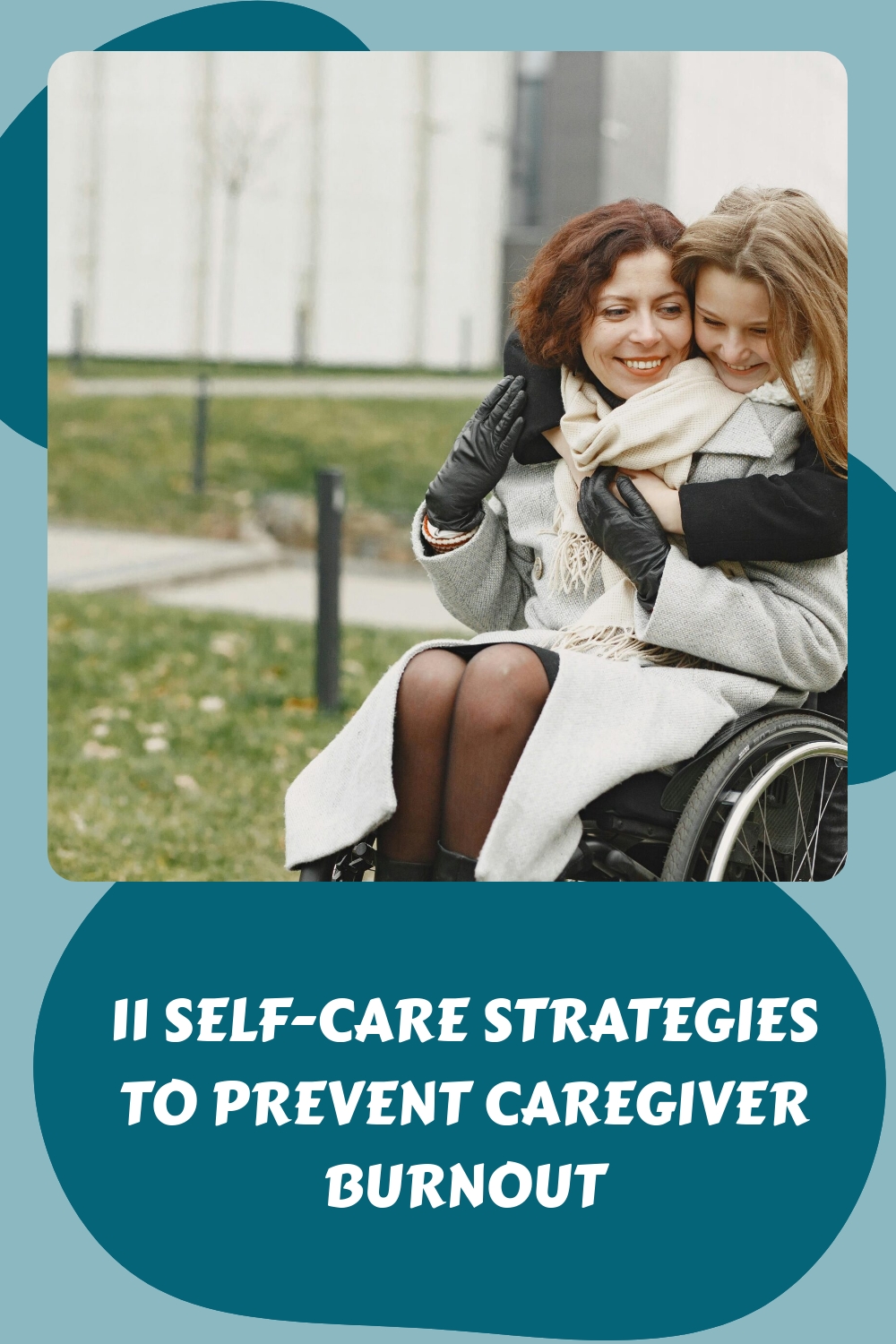The Invisible Ripple Effect of Autoimmune Diseases
Autoimmune diseases don’t just impact the person diagnosed—they create waves that ripple through entire families.
These conditions silently creep into every aspect of life, shifting routines, adding stress, and turning simple plans into logistical challenges.
As autoimmune diseases like lupus, rheumatoid arthritis, and multiple sclerosis rise, they’re increasingly affecting teenagers and young adults, placing unexpected burdens on families earlier than ever.
While over 25 million Americans face autoimmune diagnoses, the unseen impact extends to millions more—caregivers, loved ones, and friends—who silently bear the weight of this shared journey.
Melissa’s Relentless Journey: Caregiving and Burnout
“Everything changed for us when Mike was diagnosed with multiple sclerosis.
We were in our late 20s, just starting to feel like we had our lives together.
Suddenly, I managed his meds, scheduled appointments, and ensured his diet worked for his new reality.It felt like overnight; everything was on me.
At first, I was determined to push through. Mike was the one living with the disease, so I figured I could handle the rest.
But as time went on, the exhaustion set in. Between work, keeping up with the house, and constantly worrying about Mike, I could barely keep it together.
And the guilt—oh, the guilt.
Mike’s the one in pain; how can I complain? I’d tell myself.
But after so many sleepless nights, I realized something that hit me hard: I was losing myself. I was so focused on taking care of him, I forgot to take care of me.
The constant worry and burnout caught up with me, and I realized I wasn’t helping either of us by running on empty.
We both needed support. Caregivers need care, too.”-Melissa S., Lake Elmo, Minn.
Compassion Fatigue: Recognizing, Recovering, and Preventing Stress in Caregiving
Melissa isn’t alone. Over 53 million Americans are unpaid caregivers, many sacrificing their health, careers, and emotional well-being to support loved ones.
75% of caregivers report mental health challenges.
Compassion Fatigue: Recognizing, Recovering, and Preventing Stress in Caregiving
Caregiving is a role steeped in love and purpose. Yet, it comes with unique challenges that can lead to compassion fatigue—a specific type of stress that takes a toll on caregivers emotionally, physically, and behaviorally.
Addressing compassion fatigue is vital to ensure caregivers can sustain their support for others while prioritizing their health and well-being.

What is Compassion Fatigue?
Compassion fatigue arises from the emotional strain of caring for individuals dealing with trauma, chronic illness, or ongoing health challenges.
It’s more than just burnout; it’s the emotional residue accumulating over time.
Symptoms to Watch For
Compassion fatigue often manifests in three key ways:
- Emotional Symptoms: Irritability, loss of empathy, anxiety, guilt, bitterness, or feelings of hopelessness.
- Physical Symptoms: Chronic fatigue, sleep disturbances, changes in appetite, recurring illnesses, or physical pain.
- Behavioral Symptoms: Withdrawing socially, overprotecting the care recipient, blaming others, or neglecting personal hygiene and self-care.
Recognizing these signs early can help prevent a deeper emotional and physical exhaustion spiral.
11 Self-Care Strategies to Prevent Caregiver Burnout
Recovering from compassion fatigue requires intentional self-care. Even small, consistent steps can bring meaningful relief:
- Carve Out Daily Alone Time: Take even a few moments each day to disconnect and focus on yourself.
- Nourish Your Body: Balanced, nutrient-rich meals support both your physical health and mental clarity.
- Limit Harmful Substances: Reduce alcohol, nicotine, and caffeine to reduce added stress on your body.
- Move Your Body: Regular exercise—even light activities like stretching or walking—boosts endorphins and helps manage stress.
- Stay Hydrated: Proper hydration enhances your energy levels and resilience to stress.
- Shift Your Mindset: Replace negative self-talk with affirmations or positive reframing.
- Practice Gratitude: Write down three things you’re grateful for daily to cultivate a positive outlook.
- Find a Creative Outlet: Whether painting, gardening, or cooking, engaging in hobbies can help restore your sense of joy.
- Build a Support Network: Connect with trusted friends, family, or support groups to share your experiences.
- Reconnect with Nature: Spending time outdoors can help clear your mind and reduce anxiety.
- Reflect and Recharge: Prayer, meditation, or journaling can provide comfort and clarity.
3 Non-Negotiables to Prevent Caregiver Compassion Fatigue
Prevention is the key to sustaining your caregiving role without compromising your well-being.
Here’s how:
- Make Self-Care a Non-Negotiable: Schedule time for self-care activities before signs of fatigue emerge.
- Shift Your Perspective: Caring for yourself is not selfish; it’s an essential part of being a strong caregiver.
- Celebrate Small Wins: Acknowledge your daily efforts and the positive difference you’re making, no matter how small they seem.
You are Amazing Caregivers & Supporters!
Caregiving is a meaningful journey, but it’s not without challenges. Remember: taking care of yourself isn’t selfish—it’s essential.
By making self-care a daily habit, you can prevent or recover from compassion fatigue and continue providing the love and support your care recipient needs.
Small, consistent actions lead to lasting resilience.
You’re appreciated, and your role in others’ lives is invaluable.
Together, we can navigate the challenges of caregiving and autoimmune diseases with strength, compassion, and resilience.
Let’s honor the caregivers and supporters in our lives.
-Karin
References:
- AARP and National Alliance for Caregiving. Caregiving in the U.S. 2020.
- National Institutes of Health. “Autoimmune Diseases: The Impact on Caregivers and Families.”
- Caregiver Action Network: https://www.caregiveraction.org/agencies-and-organizations/#688ef1002a0860784.
- Mental Health America: https://mhanational.org/mental-health-resources-caregivers.
- Caregiver.com: https://caregiver.com/
- The Caregiver Space: https://www.thecaregiverspace.org/

 Karin W
Karin W 







